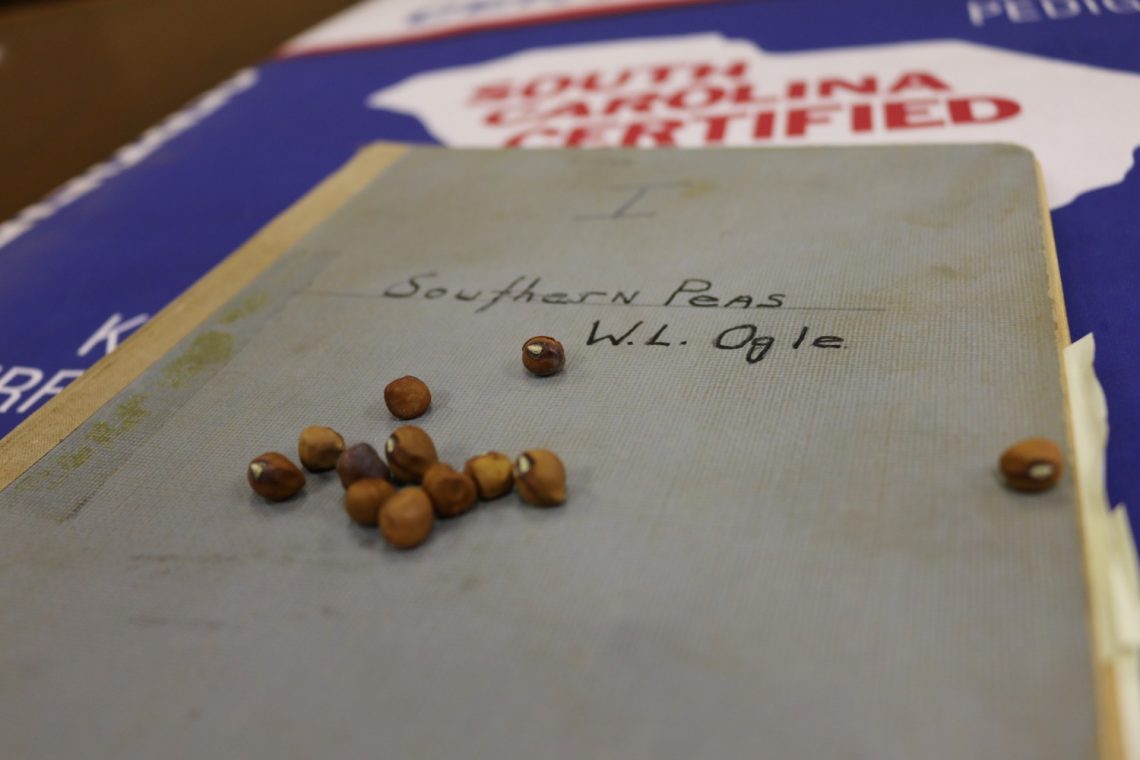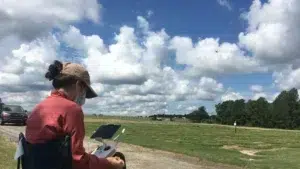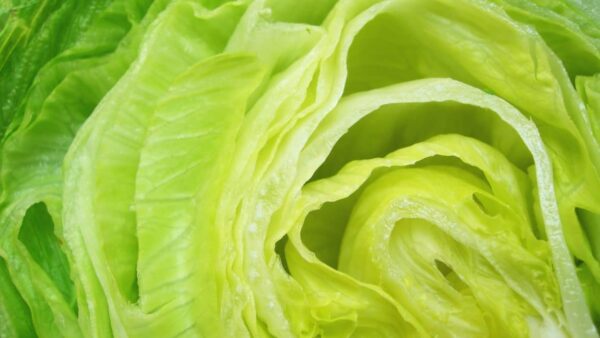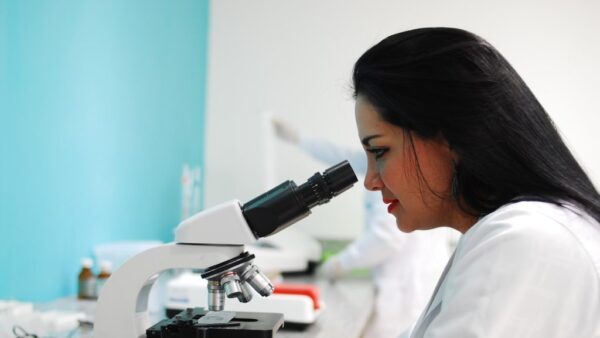Its creator retired before it was completed. It sat dormant for 20 years. The cold-storage facility keeping it alive was nearly shuttered. But the “Ogle” Southern Pea has survived nearly 60 years and is now available to South Carolina growers.
The Clemson University Experiment Station this year released a new plant variety called the Ogle Southern Pea, a time-tested vegetable named after retired plant breeder Roy Ogle, whose varieties remain common in South Carolina gardens nearly three decades after his retirement. The pea features a large seed for eating, strong yield potential, a colorful purple hull and disease resistance, particularly to the costly Blackeye cowpea mosaic virus.
The variety has performed well in informal taste tests too, said Chris Ray, a plant breeder and director of the Experiment Station.
“The southern pea was a staple in South Carolina and the Southeast. If you would turn the clock back 50 years, or 70 years, you’d be hard pressed to find any family that didn’t grow southern peas. They store well. You can dry them out. You don’t have to freeze them,” he said.
The seed is produced at the Clemson Experiment Station and available for purchase through the S.C. Crop Improvement Association, a cooperative with Clemson, the U.S. Department of Agriculture and other agencies that develops and distributes seeds to growers.
Ogle, 93, is a World War II veteran who landed at Omaha Beach a few months after D-Day in 1944 and spent six weeks fighting in the Battle of the Bulge. He worked at Clemson University from 1957 to 1987. In his first year on the job, he developed two types of Southern Peas, commonly called cowpeas, that would be crossed many times over the next six decades — that’s a long time even for plant breeding — to become the variety just released under this name. He knew the pea only as SC84-319, numbers he can pull from memory still.
Three years after Ogle’s retirement, Ray joined Clemson has an undergraduate student to study horticulture. Ray, who has a doctorate from Clemson in plant and environmental science, became an old-fashioned plant breeder in the mold of Ogle and others like him, crossing the flowers of plants with desirable traits and growing them over and over to develop hearty, profitable varieties for South Carolina growers.
In 2005, Ray was managing the university’s Seed Certification Program when approached by an administrator who considered pulling the plug on the two cold-storage facilities preserving the work of Ogle and other Clemson plant breeders. The systems are expensive to operate. Ray was to document the coolers’ inventories. He needed breeders’ documentation to know exactly what was in all those drawers of seeds. Ray contacted Ogle, who still had a large stack of books documenting every cross he made during 30 years of plant breeding at Clemson. Ogle could recite his experiments from memory. Ray was shocked and a bit skeptical, but Ogle’s recollection matched the documentation.
“I had about 300 breeding lines to be exact,” Ogle said.
Ray quickly identified the favorable traits of SC84-319, the Ogle Pea, and began to grow plants to rebuild its seed supply. He was surprised by the productivity of a seed that had been in cold storage for 20 years.
“That’s a testimony to our cold storage facilities,” Ray said.
Those facilities were preserved and are now funded with revenues from the Clemson University Official Variety Trials and royalties from plant varieties developed at Clemson, and the S.C. Crop Improvement Association, which runs the foundation seed program to provide growers with the highest-quality planting stock available. The association also provides cold storage to preserve seed.
As Ray continued development of the Ogle pea, he and Ogle formed a bond. Ogle visited annually to oversee Ray’s progress with SC84-319. Ray grew plants for several years after 2005 to build the seed supply. Ogle, whose feet had been badly wounded by frostbite during the war, would walk fields with Ray, picking out plants missing the right color or seed size or other traits pure to SC84-319.
“That’s the art of plant breeding,” Ray said. “You have to have a good eye.”
Ogle, who now lives in Chattanooga, Tennessee, acknowledged the difficulty walking those fields.
“Not only was it difficult. It was essential. That’s just part of the breeding history of a variety,” Ogle said. “Chris Ray is just a very, very enthusiastic person. I enjoyed doing it.”
Ogle was among the university’s most prolific breeders, working with multiple crops in an era when most breeders worked on one crop.
While many plant varieties succumb to disease adaptation after two to five years, many of Ogle’s varieties remain in high demand through the S.C. Crop Improvement Association decades after their release, Ray said.
“I think every plant breeder hopes that his variety lasts forever,” Ogle said. “It’s an honor indeed to have a variety named after me.”
Under Ogle’s credit are pea varieties such as Clemson Purple Hull, Hercules and Colossus. He attributed the varieties’ longevity to their disease resistance — they’re easy for gardeners to grow — and the university’s commitment to preserving seed.
Today’s plant breeding program is much different than the one Ogle knew. When Ray was starting out, the university had two breeders working with peaches and soybeans. Today, Clemson’s Advanced Plant Technology Program includes more than 20 world-class researchers stationed around South Carolina using the latest technologies in genetics, genomics, bioinformatics, computational biology and robotics to develop superior-performing crop varieties that will boost farming income.
“There were no transgenic crops when Dr. Ogle was working. That hadn’t been invented yet,” Ray said.
Ogle and Ray are both credited as plant breeders for the Ogle Southern Pea. Others recognized are virologist Simon Scott and technical contributors Jeff McCall, Carl Myers, Brad Stancil, Dewey Barefield, Kyle Stephens, Zach Zeaser and Tony Melton.
Clemson is releasing the seed publicly, rather than licensing it to a seed company, so growers can preserve the seeds themselves.
“That benefits South Carolina growers,” Ray said. “That’s squarely in the land-grant mission. The core of our mission is to help our growers.”













